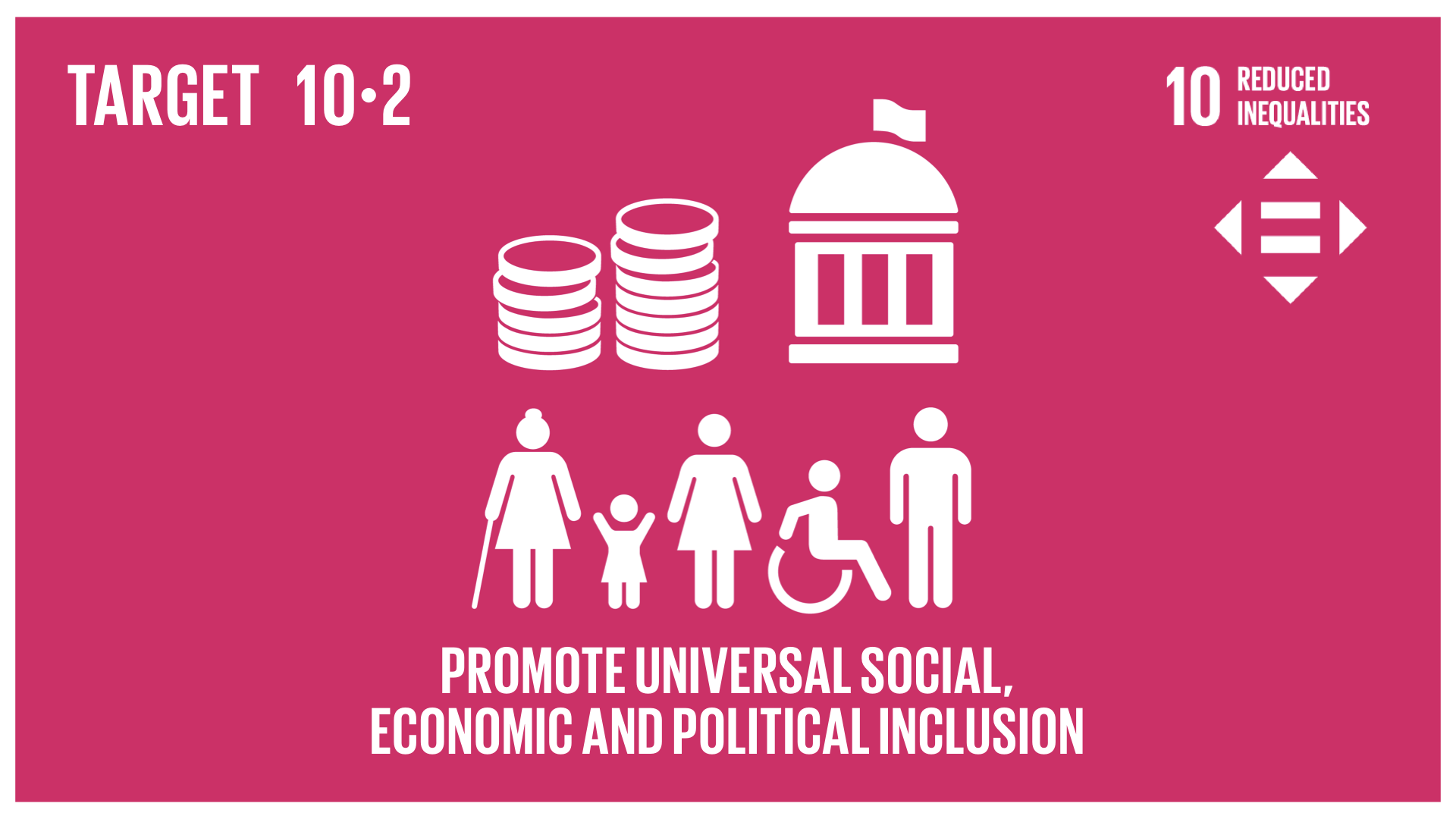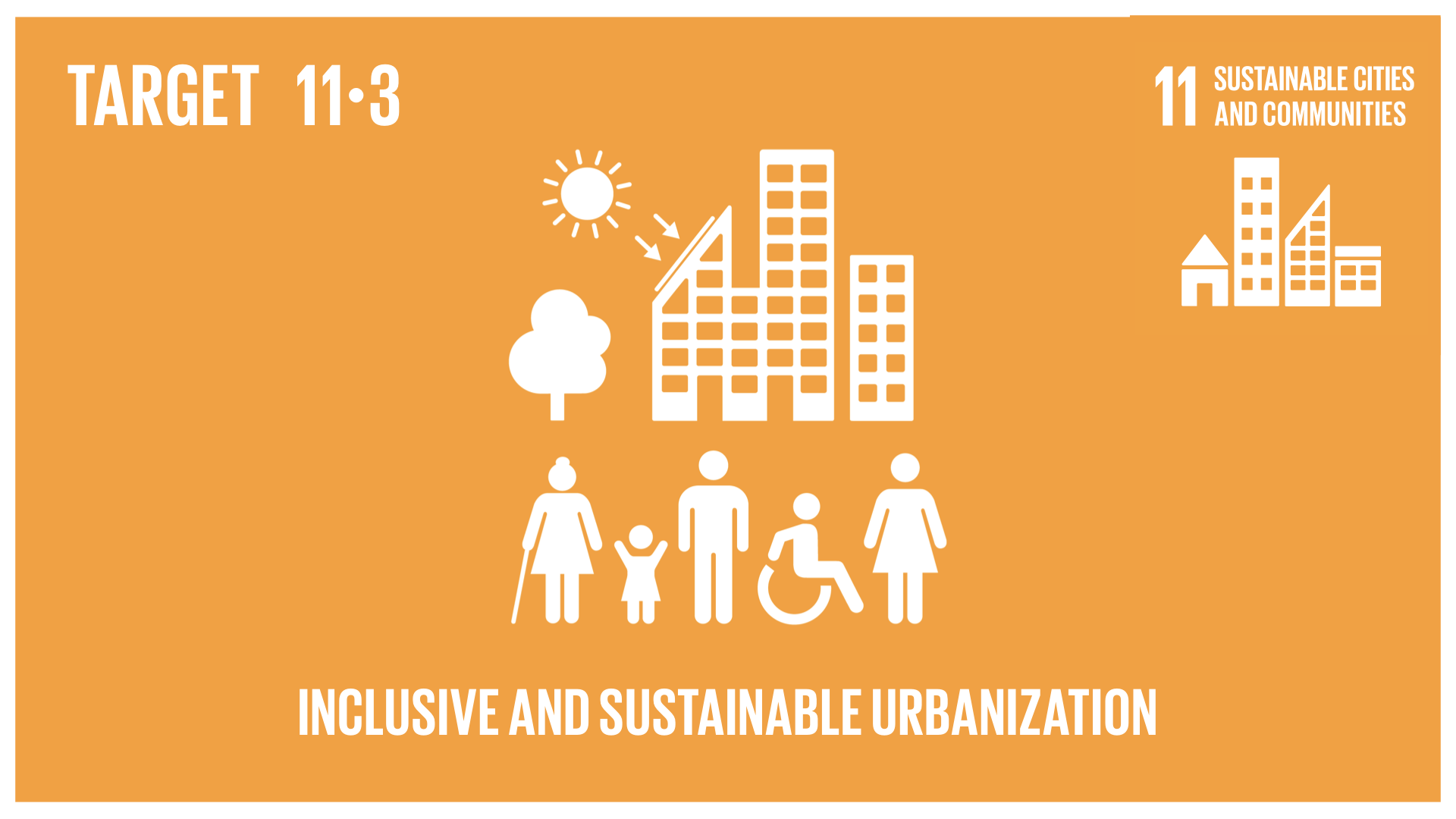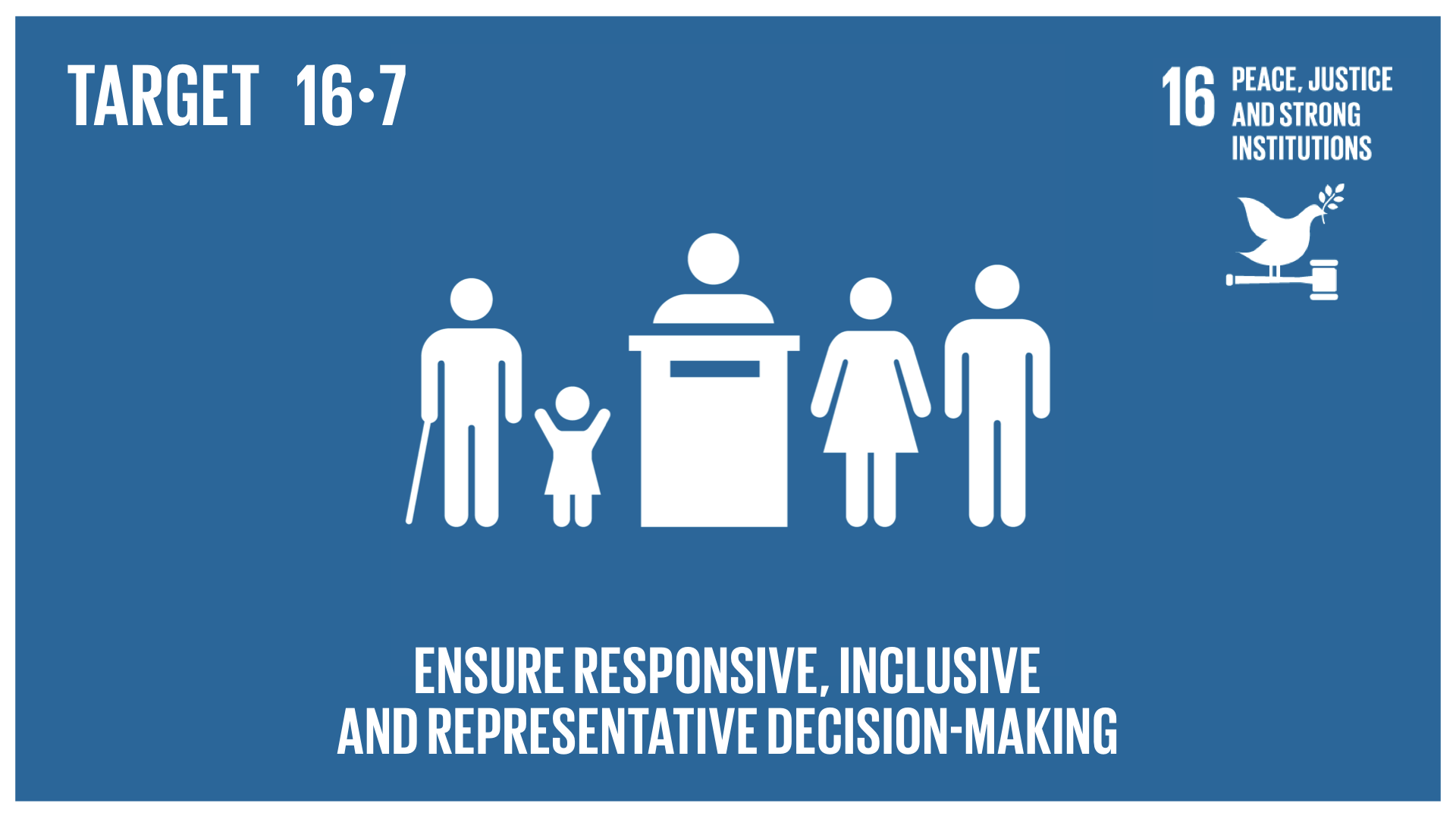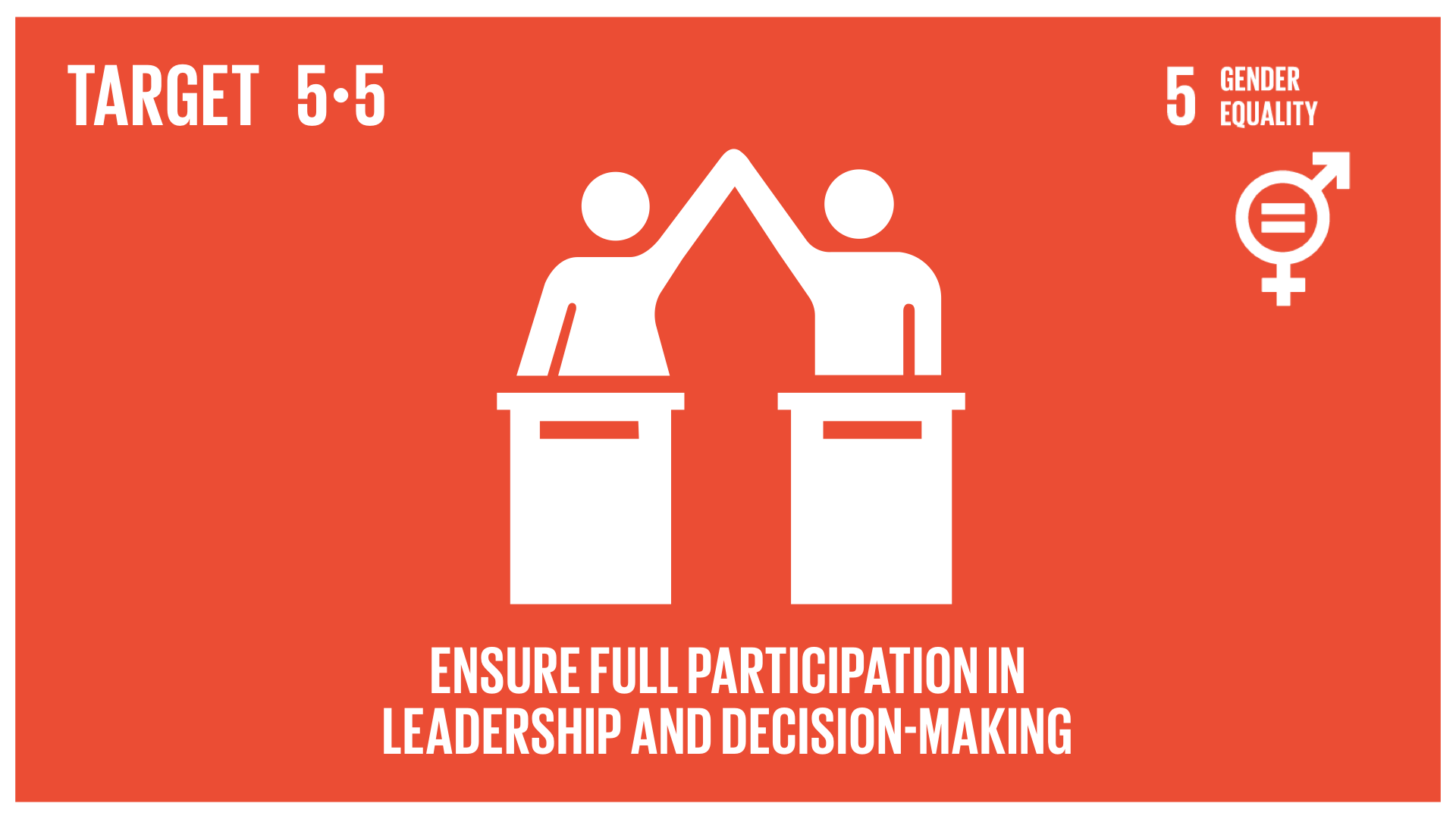Participation
The right to participate in public affairs is a fundamental element of well-functioning democracies. Participation is also the backbone of the 2030 Agenda, which recognizes the roles and diversity of all sectors of societies.
Participation ensures diversity of views and opinions in decision-making, allowing for more tailored approaches in policies and programmes that fulfil the needs and priorities of the various voices in society. A participatory society also improves the accountability of governments with regards the people they represent. The meaningful participation of human rights defenders in the design of development interventions (e.g. policies, programmes) can be crucial to ensure adequate consideration of the development interventions’ impacts on the human rights of people affected by them. Governments must ensure a safe space for human rights defenders to stand up for their rights in development decisions and must seek the consultation and consent of affected communities on issues related to e.g. land rights, austerity measures, infrastructure, and urbanization projects. The right to participation is closely linked to SDGs 5.5, 10.2, 11.3 and 16.7. It is also affected by the expression of other rights and freedoms, such as freedoms of assembly, association, and expression (chapter 1).




